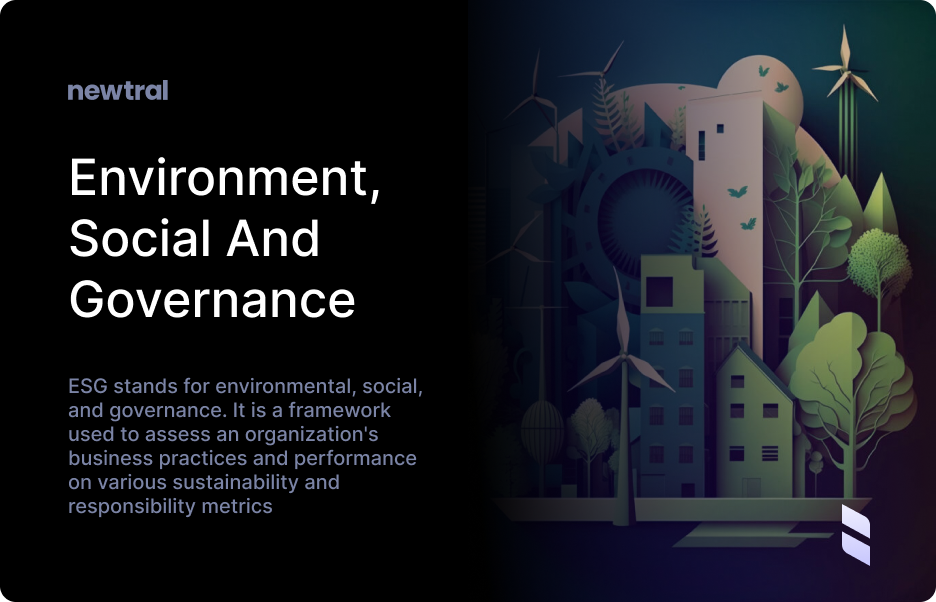Environment
This pillar focuses on a company's impact on the natural environment, including its carbon footprint, resource usage, waste management, and environmental compliance. It assesses an organization's efforts to mitigate climate change, conserve natural resources, and protect biodiversity.
Social
The social pillar evaluates a company's relationships with its employees, suppliers, customers, and the communities in which it operates. It covers issues such as human rights, labor practices, product responsibility, and community engagement.
Governance
Governance refers to the leadership and management practices that ensure accountability, transparency, and ethical decision-making within an organization. It encompasses factors like board composition, executive compensation, shareholder rights, and corporate policies on anti-corruption and whistleblowing.

.png)

.png)
%20png%20(1).png)